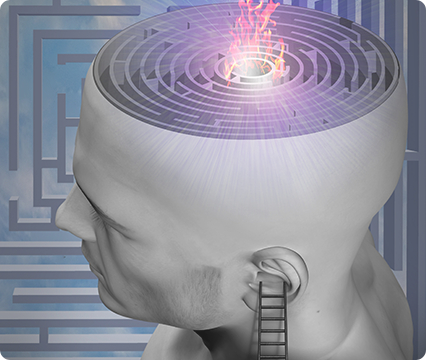Pro-inflammatory diet and depressive symptoms in the healthcare setting
Depression, affecting more than 350 million people across the world, has been recently associated with a state of low-grade chronic inflammation. Our diets were found to play a role in the development of a pro-inflammatory state, where the consumption of foods that scored high on the Empirical Dietary Inflammatory Index (EDII) was associated with an increase in circulating plasma inflammatory markers. The EDII is a validated new tool that focuses on the weekly consumption of sixteen net pro- or anti-inflammatory food groups, a tool that has not been used yet in the rising number of studies linking pro-inflammatory diets to depression. The relationship between diet and depression is yet to be fully understood, meanwhile, the use of pharmacologic therapies continues to be considered our most advanced treatments for major depressive disorders, despite several studies suggesting that such methods are insufficient. Identifying the need to explore the relationship between pro-inflammatory diets and depressive symptoms to achieve a holistic, evidence-based treatment approach, Belliveau, R., Horton, S., Hereford, C. et al (2022) endeavored to investigate this relationship using the EDII, coupled with a Patient Health Questionnaire-9 (PHQ-9) to score depression amongst a population of healthcare personnel.
The results obtained from 631 participants demonstrated a significant association between pro-inflammatory diets and depression while accounting for variables such as gender, psychiatric diagnosis, and physical and spiritual exercise. The findings demonstrated that participants who reported eating fewer leafy greens, consuming greater amounts of bread or pasta, sugar- sweetened beverages, and processed meats (a diet that ranks high on EDII) scored higher on PHQ-9 and suffered more depressive symptoms when compared to their peers. The authors conclude that anti-inflammatory diets can play a key role in the treatment of depression. [NPID: Depression, nutrition, empirical dietary inflammatory index, EDII, DI, patient health questionnaire (PHQ-9), healthcare]
Year: 2022
 Navigation
Navigation






